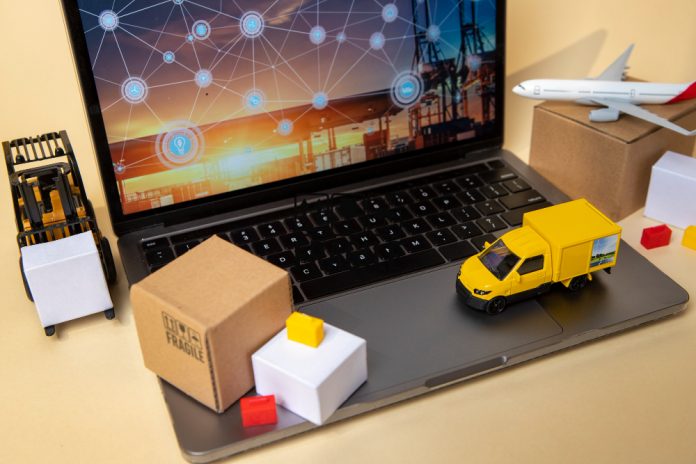India’s logistics and transportation industry is the lifeblood of its economy, supporting everything from e-commerce to agriculture. Yet, its full potential remains untapped due to aging infrastructure, fragmented policies, and logistical bottlenecks.
Recognizing the urgent need for reform and modernization, the Indian government has increasingly turned to Public-Private Partnerships (PPPs) to bridge investment gaps and deliver scalable, efficient infrastructure solutions.
Industry bodies like FICCI and AITWA have emerged as catalysts, driving collaboration and shaping project pipelines that benefit both public and private stakeholders.
Why PPPs Are Essential for India’s Logistics Growth
India’s transport infrastructure—comprising roads, railways, ports, and logistics hubs—requires an estimated $1.4 trillion in investment by 2040, according to NITI Aayog. Government alone cannot foot this bill. That’s where PPPs become essential. These partnerships allow:
- Shared financial risk and responsibility
- Private sector efficiency and innovation
- Faster execution of large-scale infrastructure projects
- Sustainable maintenance frameworks
Such collaborations not only enhance capacity but also bring in operational excellence and technological upgrades that public agencies may lack.
FICCI’s Advocacy and Project Incubation
The FICCI Logistics & Supply Chain Committee has been instrumental in:
- Facilitating dialogue between central ministries and logistics investors
- Recommending policy reforms such as single-window clearances for logistics projects
- Launching platforms to co-develop multimodal logistics parks (MMLPs)
One notable example includes the Ludhiana MMLP, developed through a partnership involving the Ministry of Road Transport & Highways (MoRTH), private investors, and consultation from FICCI. This park is expected to reduce logistics costs by 15% and serve as a template for future PPP-driven parks.
AITWA’s Ground-Level Engagement
The All India Transporters Welfare Association (AITWA) works closely with transport operators, SMEs, and truck unions to:
- Represent grassroots transporters in large PPP consultations
- Advocate for fair policy practices that protect small players in mega projects
- Encourage participation in digitally enabled freight platforms
AITWA has also partnered with several state transport departments to digitize freight permits and tax compliance, reducing paperwork and operational delays by nearly 40% for transporters in Rajasthan and Maharashtra.
Success Story: Delhi-Mumbai Industrial Corridor (DMIC)
The Delhi-Mumbai Industrial Corridor (DMIC) is among India’s flagship PPP projects, involving:
- An investment of over $90 billion
- 24/7 freight movement infrastructure
- Smart logistics zones with AI-enabled cargo management
Both FICCI and AITWA were active stakeholders in early policy design and execution frameworks. Today, DMIC’s model has become a benchmark for corridor-based logistics infrastructure in India.
Challenges in Implementing PPPs
Despite the success stories, PPPs still face roadblocks such as:
- Land acquisition delays
- Contractual ambiguities
- Lack of local capacity for project management
- Misalignment of goals between partners
FICCI has called for Standardized PPP Templates and a Central Logistics PPP Cell to streamline governance and fast-track implementation.
The Way Forward: Policy, Partnership, and People
To truly harness the potential of PPPs, India needs:
- Robust regulatory frameworks for fair risk allocation
- Enhanced private sector incentives like tax holidays and viability gap funding
- Community-based planning with support from local stakeholders and unions
With guidance from FICCI and operational input from AITWA, India is building a future where public-private synergy isn’t the exception—but the standard.
Conclusion
Public-Private Partnerships are proving to be a game-changer in revitalizing India’s transport infrastructure. These collaborations are not just about funding—they are about creating robust ecosystems where innovation, efficiency, and inclusiveness go hand in hand. With strategic leadership from FICCI and field-level engagement from AITWA, India is charting a bold course toward a world-class logistics network capable of supporting its $5 trillion economic vision.












